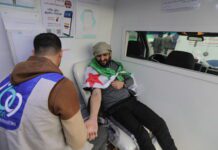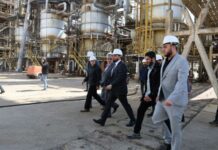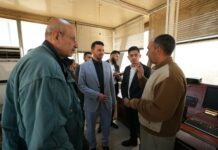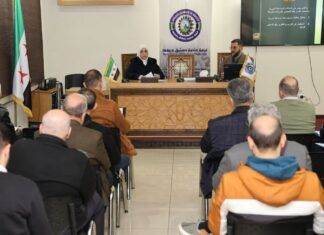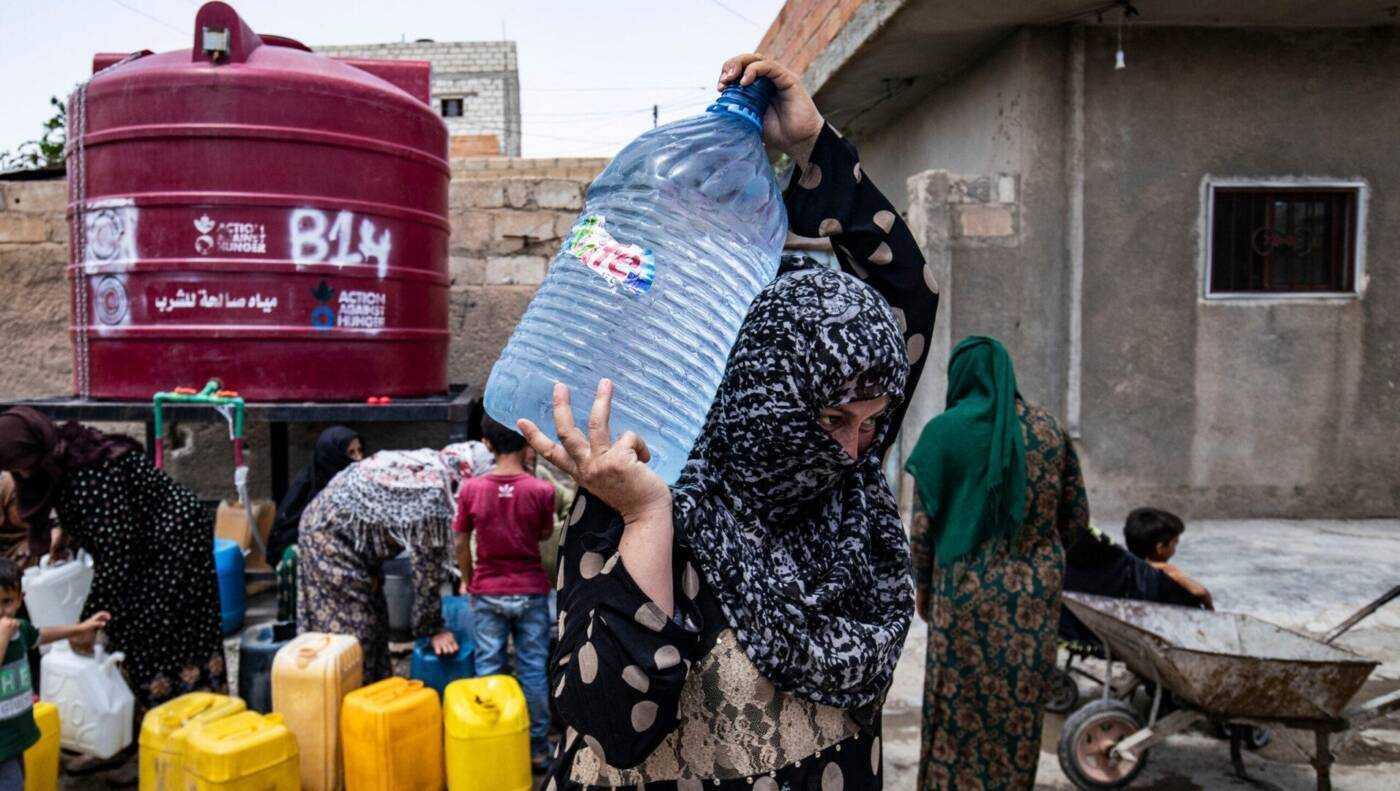
The ongoing military escalation in Deir Ezzor, eastern Syria, has intensified over the past week, leading to significant civilian casualties, widespread displacement, and the disruption of essential services. As the conflict between the Syrian Democratic Forces (SDF) and Assad regime forces, alongside allied Tribal Forces, continues, the situation has drawn international concern, including a strong statement from Germany and the SDF-ally the US, urging an end to the violence.
The United Nations Office for the Coordination of Humanitarian Affairs (OCHA) reported that at least 25 civilians have been killed and 28 others injured due to active hostilities on both banks of the Euphrates River in Deir Ezzor. The violence, which includes heavy and mutual bombardment between the SDF and regime forces, has forced many residents to flee their homes, seeking safety in desert areas or other relatively secure regions. OCHA has also noted that vital public infrastructure has been either targeted or repurposed for military use, further complicating civilian access to necessary services.
The conflict has severely affected water stations in the eastern countryside, leaving more than 200,000 people without access to clean drinking water. The damage to water facilities, including the Abu Hamam and Abu Hardoub stations, has been compounded by power cuts and direct attacks on generators, leading to a critical shortage of potable water. Residents, already struggling with the rising costs of basic goods, now face exorbitant prices for water, with reports indicating that a single barrel of non-sterile water can cost up to 25,000 Syrian pounds (around $10.00 between 50%-100% of most monthly incomes).
Germany’s envoy to Syria, Stefan Schneck, expressed deep concern over the escalating violence, warning that it only serves to “prolong suffering and instability in the region.” In a tweet, Schneck emphasized that the Constitutional Committee and UN Resolution 2254 represent the “only viable path towards a peaceful and comprehensive future for Syria.” He called for dialogue rather than conflict to guide international efforts.
The US has also voiced its concerns about the ongoing hostilities. A Pentagon official expressed alarm over the potential impact of the conflict on the civilian population and its implications for the ongoing fight against ISIS. The official reiterated the importance of maintaining the ceasefire and reducing the escalation, stressing that these measures are fundamental to US policy in the region.
The violence in Deir Ezzor has led to significant disruptions in daily life. A partial curfew has been imposed on the eastern bank of the Euphrates River, with stricter curfews in towns like Shuhail. Movement across the region has been severely restricted, and internet services have been intermittently suspended in some areas.
In Hasakah Governorate, the conflict has exacerbated an existing water crisis, with the Assad regime’s control areas being particularly affected. Since August 7, water trucks have been barred from entering these areas by SDF forces, leaving approximately 80,000 people without access to potable water. The price of water has soared, with reports of a 50% increase in costs. The disruption has also impacted other essential services, including the operation of bakeries and the availability of food and medical supplies, leading to rising prices and scarcity in local markets.
As the situation in Deir Ezzor remains volatile, humanitarian organizations have called for an immediate halt to the violence and the protection of civilian infrastructure. The Syrian Network for Human Rights (SNHR) reported that at least 17 civilians, including eight children and six women, have been killed in the clashes, which they attribute to indiscriminate attacks by both parties. The network urged all sides to commit to protecting basic services, particularly water stations, and to ensure that they are not used for military purposes.
The escalating conflict in Deir Ezzor underscores the fragile state of Syria’s northeastern regions, where years of war have left a devastating legacy of instability, displacement, and humanitarian crises. The international community continues to monitor the developing situation.

